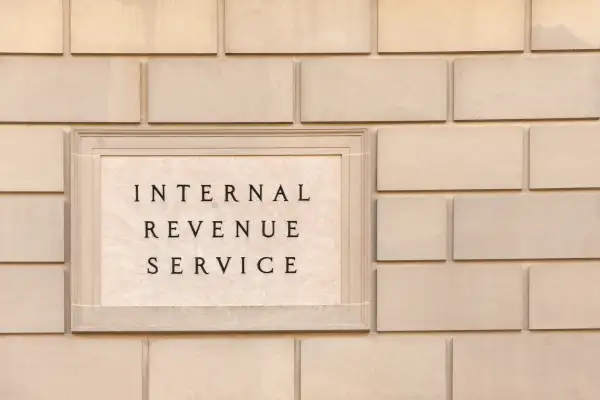How Will $80 Billion in New Funds for the IRS Affect Everyday Taxpayers?

The IRS has been understaffed and short on resources according to Deputy Treasury Department Secretary, Wally Adeyemo. In an interview conducted earlier this year, he pointed out that the IRS may miss out on about $600 billion in uncollected taxes due to a lack of resources, including outdated technology.
But things are about to change.
In August, Congress passed a bill with new funding for the IRS to the tune of $80 billion over the next decade, which was signed into law. More than half of those funds have been earmarked for enforcement. This has opened up new possibilities for those who want to work for the IRS and has ordinary taxpayers wondering what’s next.
The following is a recap of what we may expect from the IRS and how it could potentially affect everyday taxpayers like you:
What changes may be coming to the IRS
The IRS has been struggling with budget cuts for years, and now they are getting a boost in funding.
Given that the new funds are meant for enforcement, there’s a lot of chatter about new potential audits. However, a letter written by Treasury Department Secretary, Janet Yellen, and sent to the IRS commissioner, clearly states that “households earning $400,000 per year or less will not see an increase in the chances that they are audited.”
With the influx of work coming in, the IRS is expected to hire additional employees while also investing in new IT systems to make processes more efficient.
How this could affect taxpayers
The first big change for everyday taxpayers is that the IRS may begin optimizing its customer service, particularly over the phone. According to reports, more than 2 million calls are placed to the IRS every day during tax season. During the 2022 season, only 1 out of 10 calls were actually answered.
The new funding will also address other issues that stem from being understaffed, such as processing delays. What kind of effect will this have on taxpayers remains to be seen. With that said, if there ever was a time to make sure your tax affairs are in order, that time is now.
With this new law, many taxpayers may be looking to settle overdue taxes. If you're interested in tax debt resolution services, set up a free consultation with our featured partner, Anthem Tax Services. Their experience reducing owed taxes has made them a leader in their industry.
What happens now
The short answer is no one knows. As with any new development inside a government bureau, time will tell.
According to Secretary Yellen, the IRS should modernize its computer systems and ensure it has an adequately-staffed workforce by investing in and training employees. This gradual influx in personnel may have an impact on the 2023 tax season.
While it’s best not to speculate in regard to long-term implications, the IRS is likely to start going after a larger portion of the estimated $600 billion in uncollected taxes.
